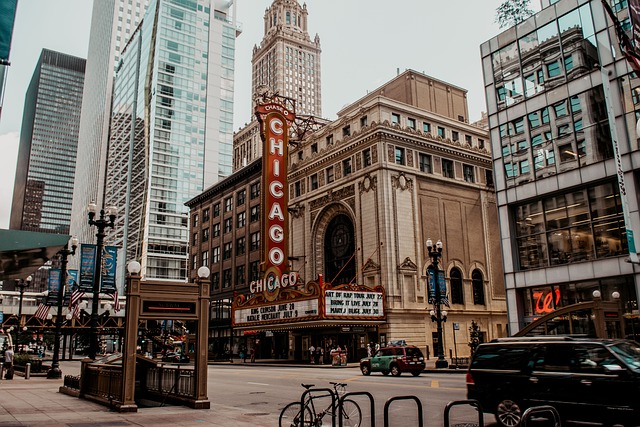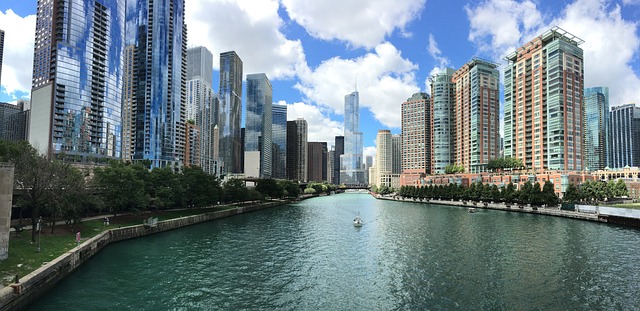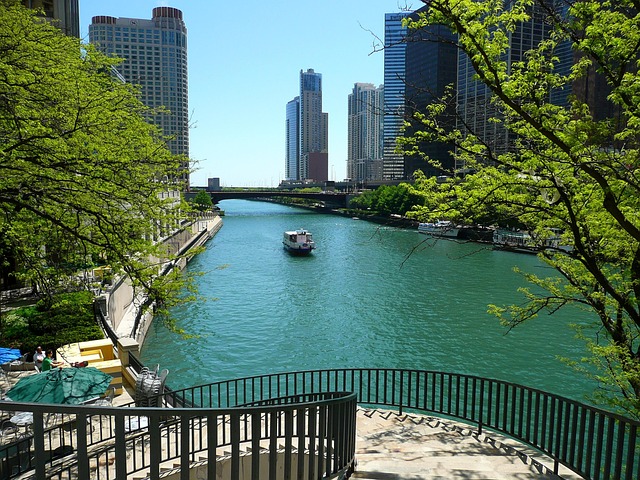In Chicago, selling fire-damaged homes presents both challenges and opportunities. Homeowners must navigate legalities, financial complexities, and repair decisions while adhering to Illinois regulations. A strategic marketing approach, emphasizing renovation potential with transparent disclosures, attracts buyers interested in affordable fixer-uppers. Using SEO keywords like "selling fire damaged house Chicago" can increase visibility for these unique real estate opportunities.
“Illinois, particularly Chicago, has seen an surge in distressed property sales, often marked by fire damage. This phenomenon presents both challenges and opportunities for real estate stakeholders. Understanding distressed property sales in Illinois is crucial, especially when it comes to fire-damaged homes in Chicago. This article explores legal and financial intricacies involved in selling a fire-damaged house while offering marketing strategies to navigate this unique market segment effectively. From identifying potential buyers to navigating regulatory frameworks, discover key insights for successful selling of distressed properties, specifically focusing on the Chicago context.”
- Understanding Distressed Property Sales in Illinois
- The Unique Case of Fire-Damaged Homes in Chicago
- Legal and Financial Aspects of Selling a Fire-Damaged House
- Strategies for Effective Marketing and Sale of Distressed Properties
Understanding Distressed Property Sales in Illinois

In Illinois, distressed property sales encompass a range of real estate transactions involving properties that have been affected by various distress factors, such as fire damage, foreclosure, or financial hardship. Selling a fire-damaged house in Chicago, for instance, presents unique challenges and opportunities. These homes often require significant repairs, which can impact the selling price and attract buyers seeking renovation projects.
Understanding distressed property sales is crucial for both prospective buyers and sellers. Buyers should be aware of potential repairs needed, while sellers must accurately assess their property’s value in the current market. In Chicago, where real estate is competitive, a well-informed approach to selling fire-damaged properties can lead to successful transactions, providing an avenue for investors or homeowners to navigate these challenging sales with confidence.
The Unique Case of Fire-Damaged Homes in Chicago

In Chicago, the landscape of distressed property sales is unique due to a specific subset: fire-damaged homes. These properties present both challenges and opportunities in the real estate market. A fire can leave behind structural damage, aesthetic issues, and potential health hazards, all of which impact a home’s value and appeal. However, for investors and developers with the right vision and resources, these distressed properties offer a chance to revitalize and rejuvenate communities.
Selling fire-damaged houses in Chicago requires careful assessment and strategic renovation. The city’s strict building codes and safety regulations must be adhered to during the rebuilding process. Yet, when done properly, these homes can emerge as vibrant and desirable residences, contributing positively to the surrounding neighborhoods. With proper marketing and transparency about the home’s history, selling fire-damaged properties in Chicago can unlock new possibilities for both buyers seeking affordable options and developers aiming to refresh the urban landscape.
Legal and Financial Aspects of Selling a Fire-Damaged House

Selling a fire-damaged house in Chicago involves navigating complex legal and financial aspects, which can be both challenging and emotionally taxing for homeowners. The first step is to assess the extent of damage and consult with professionals, including structural engineers, to determine if the property can be safely restored or if it’s more prudent to proceed with a sale as-is. This decision is crucial in terms of setting realistic expectations and avoiding potential legal complications later on.
From a legal perspective, Illinois has specific regulations regarding distressed property sales, which include procedures for handling insurance claims, tax implications, and disclosure requirements. Homeowners must ensure they comply with these rules to protect themselves from legal liabilities and prevent any disputes with buyers or insurers. Financial considerations are equally important, as damaged properties often require significant repairs or may have reduced market value, impacting the sale price and negotiations with potential buyers. Understanding these complexities can help Chicago homeowners make informed decisions when selling a fire-damaged house.
Strategies for Effective Marketing and Sale of Distressed Properties

When marketing and selling distressed properties, such as fire-damaged houses in Chicago, a strategic approach is essential to attract buyers and achieve successful sales. One effective method is to emphasize the potential for renovation and transformation. Many buyers are drawn to properties with a ‘fixer-upper’ appeal, seeing them as an opportunity to create their dream home or invest in a lucrative project. Highlighting this aspect through high-quality photography showcasing the before and after possibilities can be captivating.
Additionally, transparency is key. Disclose any known issues or damage, such as fire-related repairs needed, to build trust with potential buyers. Provide detailed reports on structural integrity and offer realistic expectations for renovation timelines and costs. This honest approach will attract discerning buyers who appreciate authenticity and are prepared to take on the challenge of restoring a distressed property.
Distressed property sales, particularly fire-damaged homes in Chicago, present both challenges and opportunities. Understanding the legal and financial complexities, as well as implementing effective marketing strategies, is crucial for successful navigation of this unique market segment. For those looking to buy or sell a fire-damaged house in Chicago, knowledge and adaptability are key to achieving favorable outcomes. By embracing innovative marketing techniques and staying informed about local regulations, individuals can navigate these sales successfully and contribute to the revitalisation of communities affected by distress.






